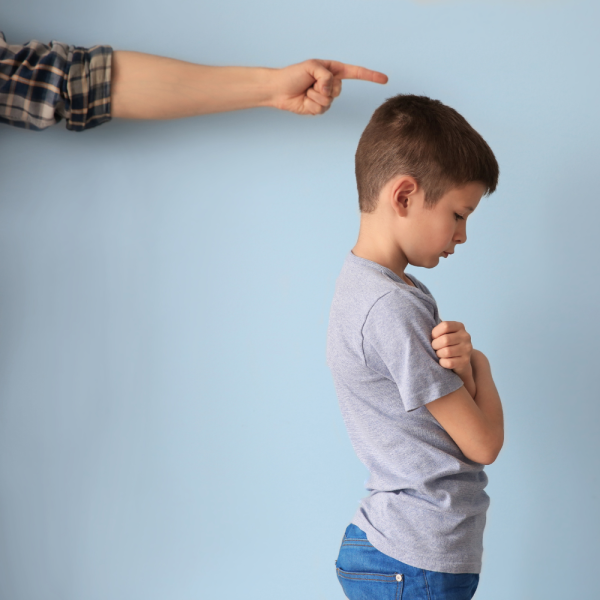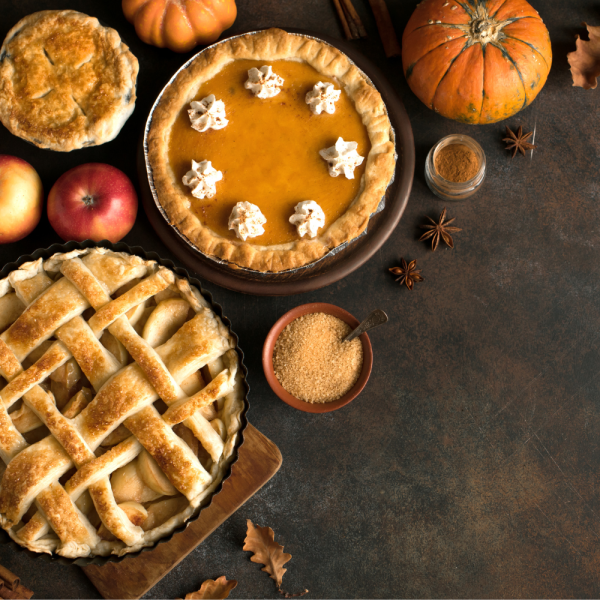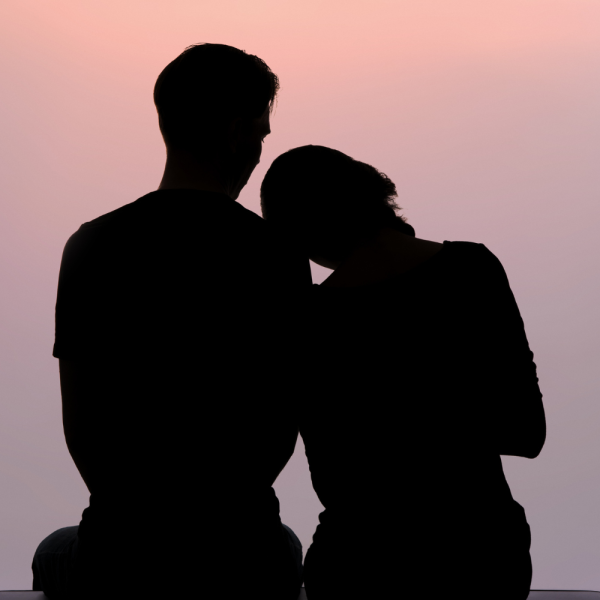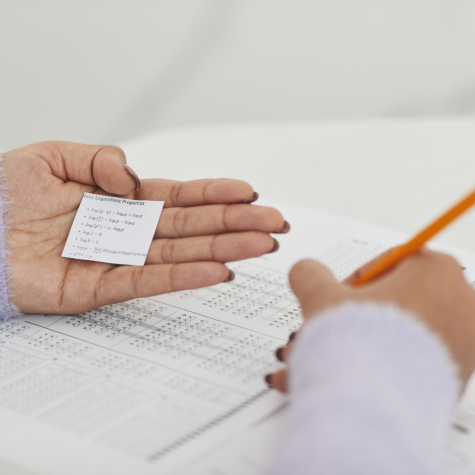Dividing Cake Opinions
Recently, Kern County Superior Court Judge David R. Lampe ruled this week against the State of California, which took legal action against a Bakersfield baker who refused to make a wedding cake for a same-sex couple. Tastries Bakery owner Cathy Miller told Eileen and Mireya Rodriguez-Del Rio in August that she couldn’t create a cake for their wedding because same-sex marriage clashed with her Christian faith. Mireya Rodriguez-Del Rio filed a complaint with California’s Department of Fair Housing, which in turn sought a judicial order against Miller that would force her from discriminating against same-sex couples. But Judge Lampe ruled for Miller, saying her actions were protected by the First Amendment because making a cake can be considered an act of artistic expression. “The right to freedom of speech under the First Amendment outweighs the state’s interest in ensuring a freely accessible marketplace,” Lampe wrote in his ruling “A wedding cake is not just a cake in free speech analysis. It is an artistic expression by the person making it that is to be used traditionally as a centerpiece in the celebration of a marriage. There could not be a greater form of expressive conduct.” A case very similar to this is still being argued in the Supreme Court.
The US Supreme Court took up a similar case in December, involving a Colorado baker who refused to make a cake to celebrate a same-sex couple’s marriage because he believes that God designed marriage to be between a man and a woman. In July 2012, Charlie Craig and David Mullins went shopping for a wedding cake at a bakery in Lakewood, Colorado. When asking for a custom-made wedding cake, they were denied, and their trip through the courts five years later stops at the steps of the Supreme Court. The Masterpiece Cakeshop v. Colorado Civil Rights Commission case, which centers on whether a state may, in the interest of preventing discrimination, require a private baker to produce a custom wedding cake for a same-sex marriage celebration. As Jack Phillips, the baker in question, argues his creations are art and it is tailored to a specific couple and a specific event and such an event in the case of a gay union, he believes, contradicts his religious beliefs. His lawyers argue that nonetheless forcing him to make a cake, as the state civil rights commission has done, is a violation of his First Amendment rights. Charlie Craig and David Mullins argue that public accommodations laws that require businesses that are open to the public to treat all potential customers equally without discrimination based on sexual orientation. The court heard these arguments in December, but there will be a final ruling in the summer.
The cases all in all boil down to religious freedom vs. the right to equal service without discrimination. Religious freedom is important because no one’s values or beliefs that don’t harm anyone else should be compromised; but there also needs to be consistency. If these bakers also refused to make goods for couples living together before marriage, or divorcees getting remarried, or for other related biblical sins, maybe then the belief of religious freedom would be the true answer for why they refused to bake the cake for the couple, but they never did. The only reason why they refused is that they lack the empathy and understanding to get past the culture that provides and accepts ignorance and prejudice against minorities. Some may say that it is just a cake, but it is way more than that: it is dignity and respect. Like people of color, and individuals with disabilities, and other minorities within this country, the LGBTQIA+ citizens seek to be respected and have the same treatment or rights that were promised as well as the same freedom everyone else is entitled to – not more rights or fewer rights than any heterosexual white cis person would have. Many people have formed different arguments like religious freedom or trying to exercise the First Amendment because they find homosexuality disgraceful.
Let me give you some food for thought: Let’s say you are in a restaurant and you order a piece of chocolate cake because that is your favorite, but the table next to you tells the waiter that you can’t because they don’t like chocolate cake. You would be mad, and you wouldn’t understand how they had any say in what you eat or don’t. You would think it was none of their business and frankly, why would they even care? It is not like they are eating that chocolate cake for themselves. For both court cases, the wedding cakes hold much more value. The owners of the bakeries refuse to make the dessert for them based on what they are, not who they are. This can be a simple representation of the reasoning behind the Gay Rights Movement to stand up for equal treatment, to rise against the stigmas, and to find their voice in a world that has belittled and hated them for so long. People need to stand together to fight for everyone and their freedom to love whoever they want, so they too can have a wedding cake and feel safe walking down the street holding the hand of the person they love.












